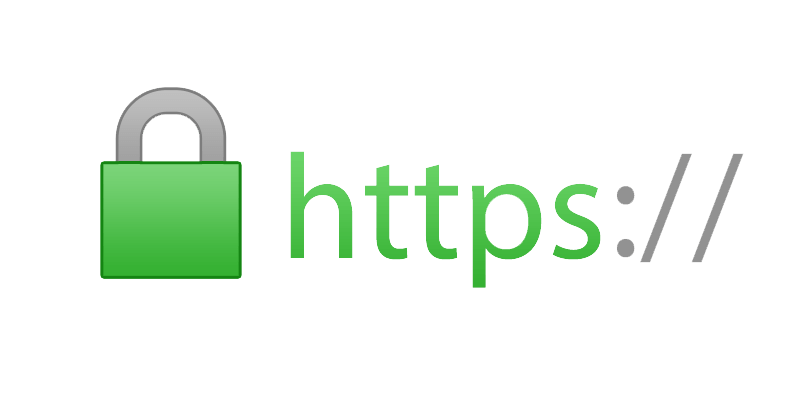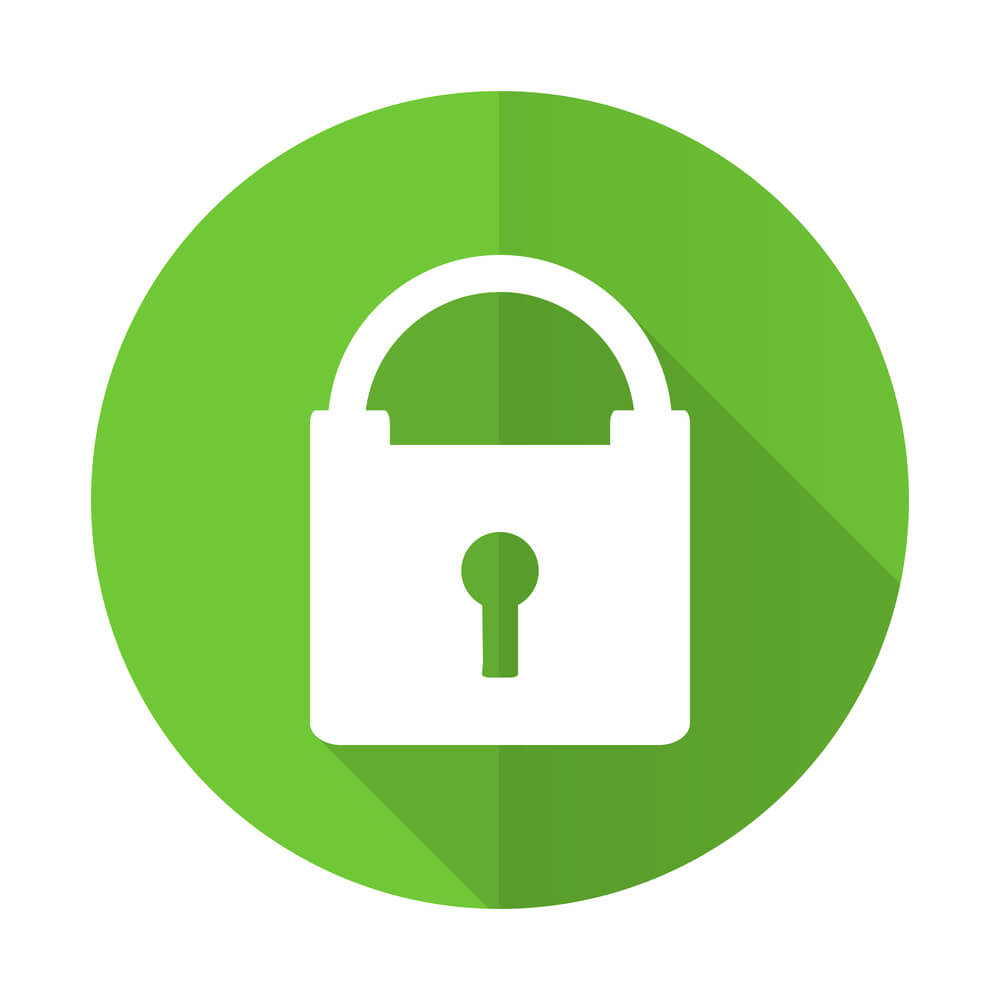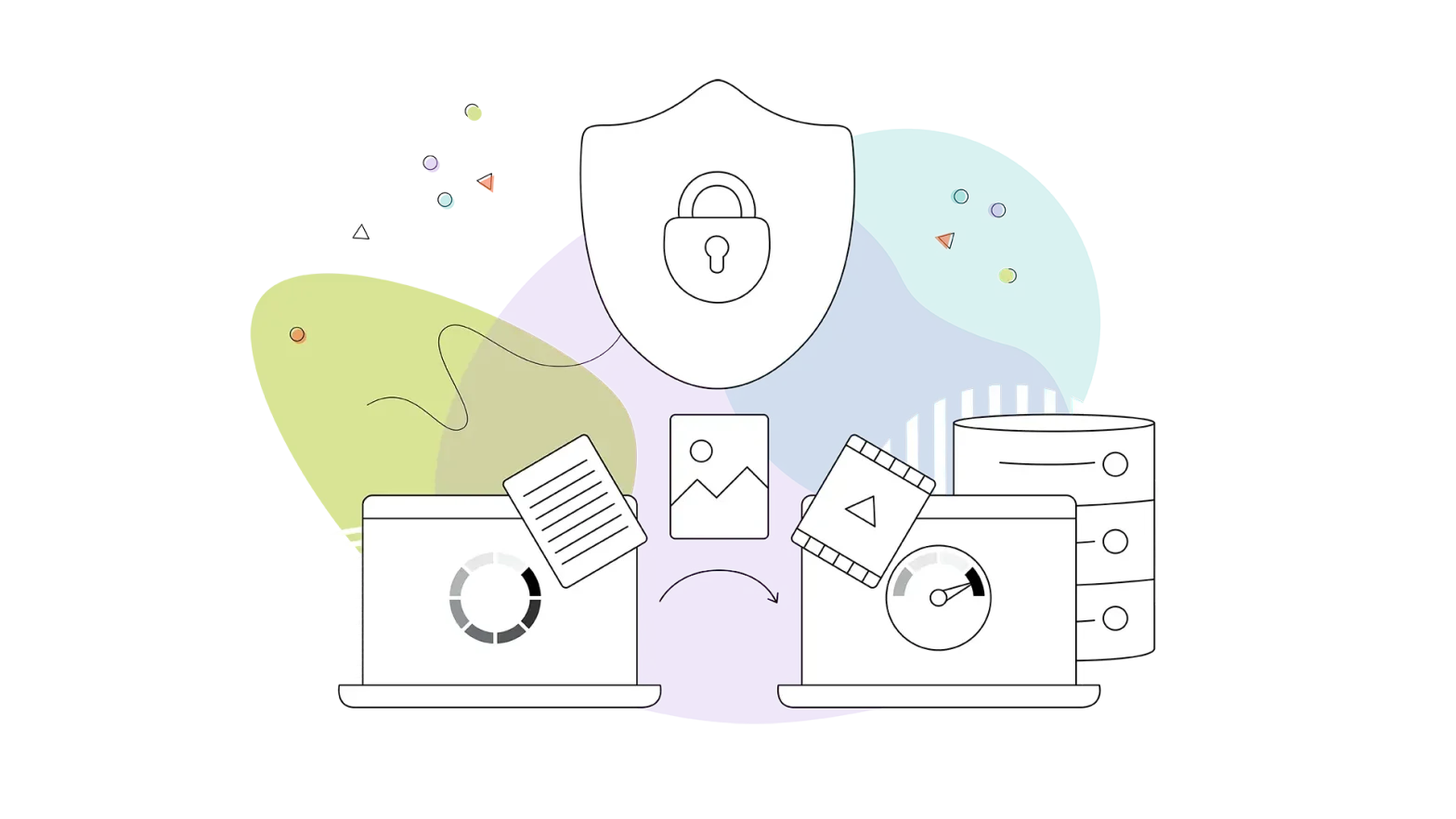An SSL certificate is something that every business should have on their website, especially after Google prioritized websites with SSL certificates for better search engine rankings. SSL, which stands for Secure Socket Layer, is an encryption technology used to create a secure connection between a web server and a user’s web browser.
When a website has an SSL certificate properly installed on the server, a small green padlock icon ![]() will be displayed to the left of a website URL in the browser and https will appear in green as well. SSL certificates are used to secure data transfers, credit card transactions, logins and other personal information. They provide security to customers and make visitors more likely to stay on a website for longer periods of time.
will be displayed to the left of a website URL in the browser and https will appear in green as well. SSL certificates are used to secure data transfers, credit card transactions, logins and other personal information. They provide security to customers and make visitors more likely to stay on a website for longer periods of time.
Security

The reason that visitors stay longer on websites when they see the green padlock from an SSL certificate is because it keeps information that is being transmitted between a web browser and a web server safe. This is especially important for websites that are dealing with sensitive information from customers and visitors, like personal information on a membership site or credit card information in an online store.
Gartner research has shown that 70 percent of people shopping online have canceled an order because they did not trust the website. Furthermore, 64 percent of those shoppers say that they would have finished the transaction had the website had a trust mark or SSL certificate.
Trust is incredibly important to online shoppers and without some kind of approved mark or seal on a webpage, they will more likely to leave and take their business somewhere else. When setting up your SSL certificate Google suggests the following tips:
- Choose what type of certificate is best for your business: single, multi-domain, or wildcard certificate
- Only use SSL certificates that are given from trusted sources
- Use certificates with 2048-bit keys
- Allow your web pages to be indexed by search engines and wherever possible avoid the noindex robots meta tag
- For all other domains use protocol relative URLs
Google’s ‘HTTPS Everywhere’ Initiative:
In August of 2014 Google launched their HTTPS Everywhere Initiative in an attempt to make the online world a safer place to explore. This initiative was created to encourage web users to use HTTPS (seen at the start of secure URLs) and highlight the importance of online security.
Security has always been a priority for Google and with this initiative they are trying to make it a priority for everybody else as well. When using Google’s services (like Search, Google Drive, or Gmail) users already have access to HTTPS encryption. Beyond that Google also provides many resources to help prevent and fix security breaches on websites.
One of the biggest changes that Google made with this new initiative is if a website has an SSL certificate and exhibits a commitment to online security, it will rank higher in Google Search results. Comparably, websites with poor website security will be pushed further down in Google rankings. The importance of this cannot be overstated. If you’re curious about how secure your website is, you can use online tools to check.
SSL certificates sometimes come at an extra cost, which can be worrisome to small businesses, but if you want to establish an online presence it is becoming more and more necessary. The online world can be a scary place and most visitors are looking for a reason to not trust a website.
Make sure your website has the best security available. Brandishing the green locket and https in your URL will show visitors that your website can be trusted and web users will be more likely to stick around.
HostPapa’s dedication to web security and SSL certificates
HostPapa supports two different kinds of SSL certificates with all of our hosting plans, Let’s Encrypt and GlobalSign. All of our shared hosting accounts, reseller accounts, and virtual private servers come pre-installed with a free Let’s Encrypt SSL certificate. For Business Pro customers, your hosting plan comes equipped with the GlobalSign Wildcard SSL certificate to help secure your entire website including subdomains and addon domains. For more information on our SSL certificates you can check out this HostPapa knowledge base article.




